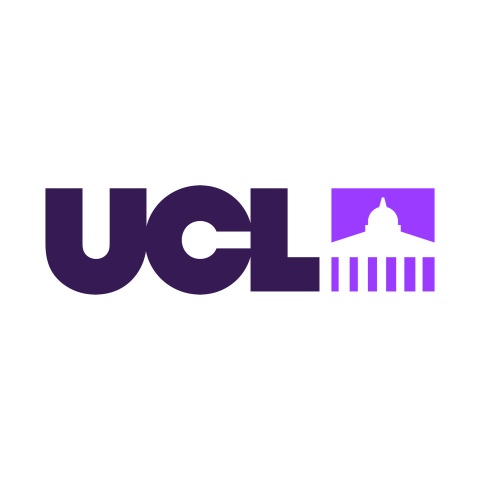
How can accounting educators cultivate highly sought-after graduates?
Internationally, undergraduate higher education accounting programmes have been consistently criticised for their narrow technical focus and replication of the professional syllabus. The conflation of training with education has created a paradoxical tension in higher education, with criticism of a gap between graduates’ skills and those required by the profession. This is because a focus on the technical professional syllabus has superseded broader intellectual skills development.
These foundational skills will be critical in a rapidly changing professional environment. In fact, in the UK, researchers have suggested that accounting firms prefer non-accounting graduates because other degrees develop more advanced intellectual skills.
Catalysing change
While accounting research has long viewed accounting as existing beyond its technical constraints, Garry Carnegie et al’s recent definition of it is a timely articulation of the nature of its role in contemporary society:
“a technical, social and moral practice concerned with the sustainable utilisation of resources and proper accountability to stakeholders to enable the flourishing of organisations, people and nature”.
This definition lends itself to a dialogical approach to teaching and the development of many of the skills that employers seek from graduates.
While many engaged educators have adapted their courses, this work remains largely dependent on individuals. There’s an urgent need for improved integration of these skills into undergraduate curricula by removing barriers, which include:
Actual or perceived professional accreditation constraints: accreditation concerns can significantly influence curriculum content, and educators are often concerned about losing accreditation unless they faithfully replicate the professional syllabus.
Availability of quality teaching materials: many mainstream textbooks retain a too-strong focus on shareholder reporting. They do not yet integrate sustainability throughout and may not reflect recent developments. They also do not properly reflect concerns on many issues.
The current pace of change, particularly in relation to sustainability-related issues: developments in the sustainability space are rapid, with the creation of a new standards board, the International Sustainability Standards Board and moves to develop new auditing and ethical standards.
Time pressures on faculty: faculty are often time-poor and simply don’t have sufficient time to redevelop their accounting courses.
- Resource collection: Pedagogies to reinvigorate your teaching
- Resource collection: How universities can work towards the SDGs
- Accounting for sustainability: we need to change how we teach
What can we do as accounting educators?
Be conscious of our position as gatekeepers of how knowledge is presented to students. As educators, we have the responsibility of identifying the primary textbooks that students will follow. This choice is influential, for example in the financial reporting to stakeholders, management accounting knowledge, integration of ethical considerations and in challenging a dominant Anglo-American worldview.
Develop alternative ways of sharing knowledge and developing student understanding, including tangentially to current courses, by suggesting more conceptual cases that might encourage critical thinking, such as evaluation of measurement bases in the conceptual framework and their application to emerging assets, for example, non-fungible tokens.
Start in a small way if we cannot redevelop an entire course. You can do this by making linkages to current news stories, such as the recent BBC Panorama investigation of fast fashion retailer Boohoo’s supply chain, and drawing on the cohort experience to discuss different perspectives on the ethical dilemmas associated with the story.
Reflect on what perspectives are not being represented and how we can ensure that this is addressed in the course. There would be a particular focus on reporting when doing so.
Introducing the Accounting Streams project
We have a duty to reflect on the criticisms and address the longstanding limitations of accounting education from students and employers alike. Our initial project focuses on the first accounting course because of its important role in setting students’ views. The project is developing a new type of textbook that places Garry Carnegie et al’s definition of accounting at its heart, facilitating a meaningful critical engagement with the discipline.
Adopting a problem-based pedagogical approach, it seeks to embed ethics and sustainability concerns into the introductory course so that they are integral to student learning. Making the textbook digital-first and open access removes barriers and the tensions associated with working with for-profit publishers. We expect publication in autumn 2024.
To find out more and join the Accounting Streams mailing list, register your details here.
Susan Smith is a professor of accounting at UCL School of Management; Richard Murphy is a professor of accounting at the University of Sheffield.
If you would like advice and insight from academics and university staff delivered direct to your inbox each week, sign up for the Campus newsletter.




